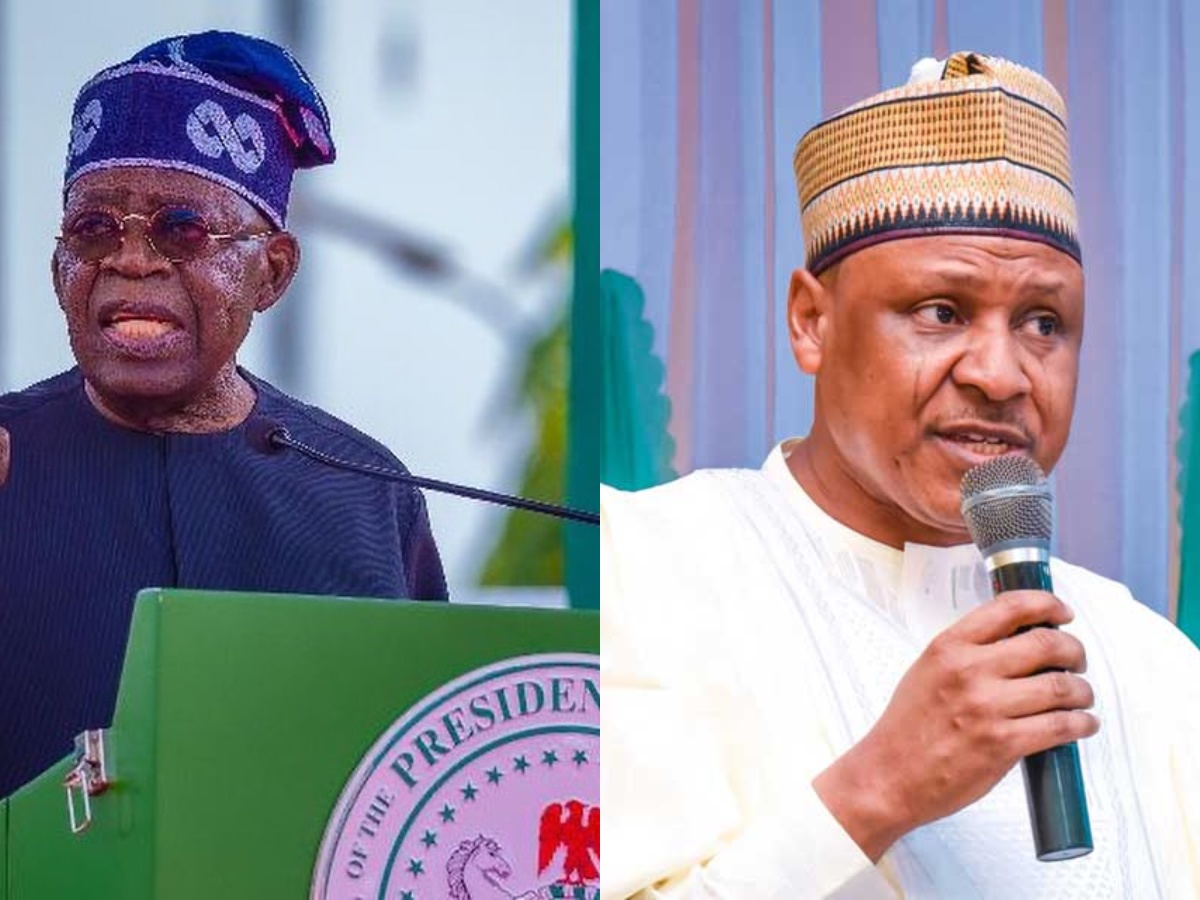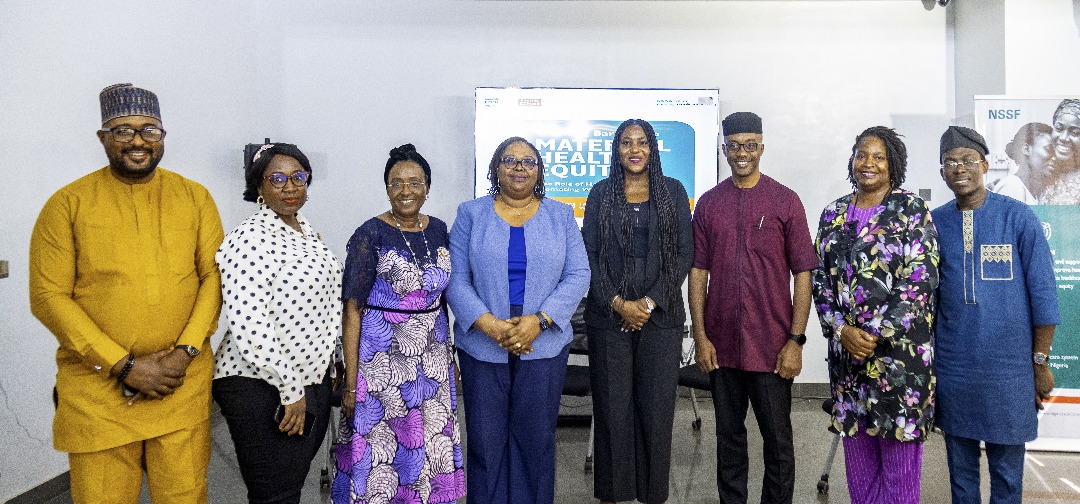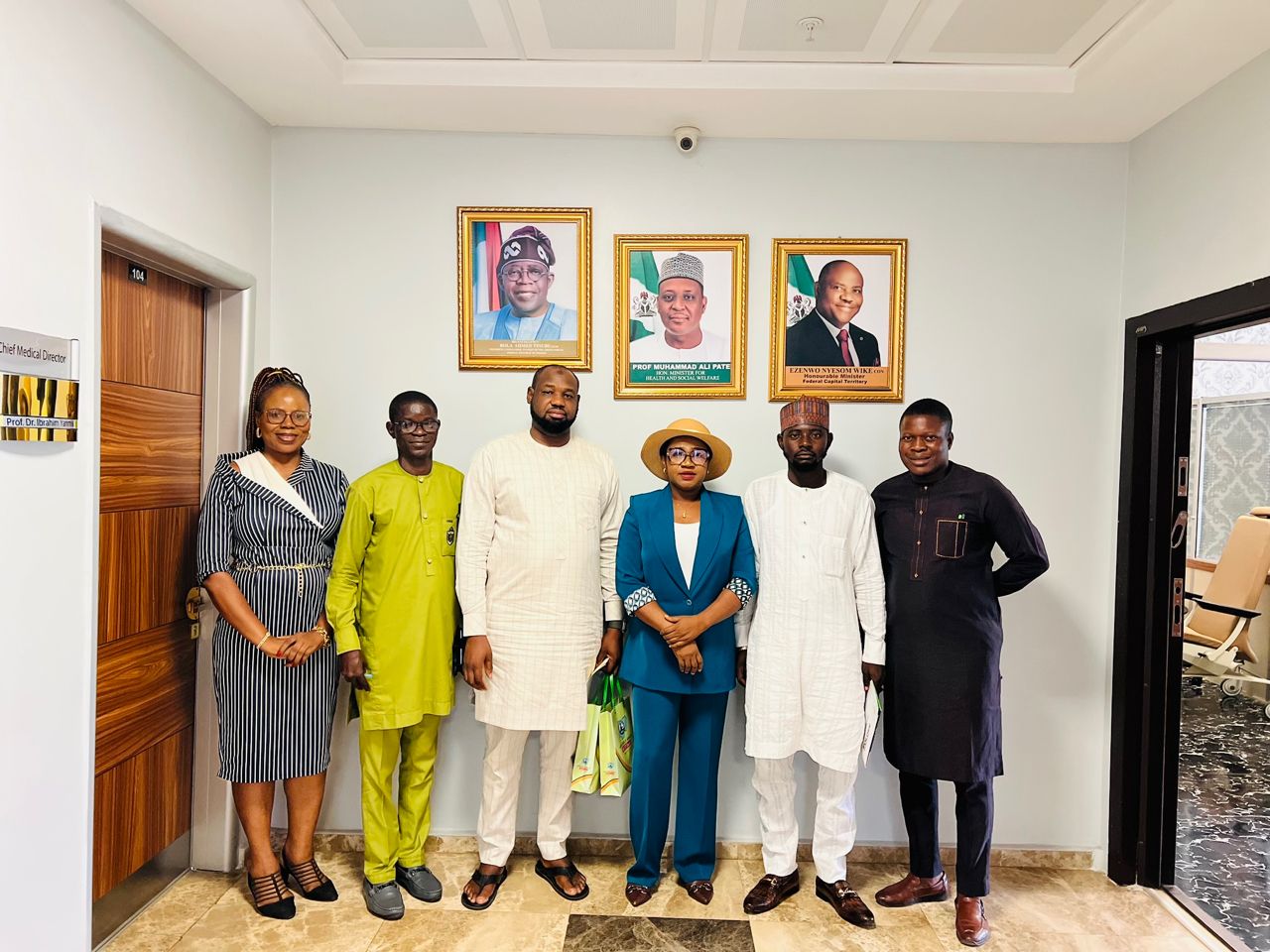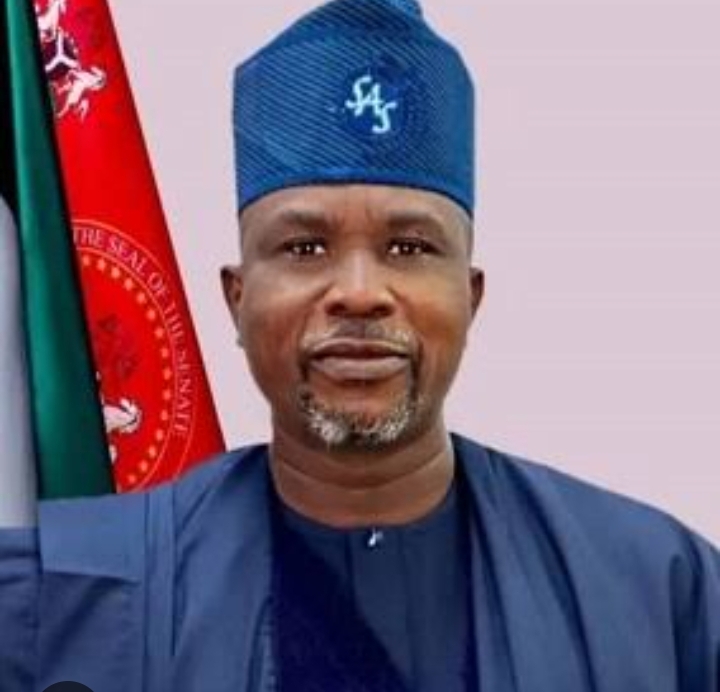Samoa Agreement Sign Gear Towards Sustainable Development, Combating Climate Change – FG say’s

The Samoa Agreement was signed by Nigeria on 28 June 2024 at the Organisation of African, Caribbean, and Pacific States (OACPS) Secretariat in Brussels, Belgium.
This partnership agreement involves the EU and its Member States, as well as the members of the OACPS. According to a released recently by Mohammed Idris,
Minister of Information and National Orientation.
Negotiations for this agreement commenced in 2018 during the 73rd United Nations General Assembly. It was officially signed in Apia, Samoa on 15 November 2018 by all 27 EU Member states and 47 out of the 79 OACPS Member states.
Comprising a total of 103 articles, the agreement includes a foundational compact and three regional protocols: Africa-EU, Caribbean-EU, and Pacific-EU Regional Protocols. Each regional protocol addresses the unique challenges faced by its respective region.
The African Regional Protocol is divided into two main parts. The first part outlines the Framework for Cooperation, while the second part focuses on Areas of Cooperation, which encompass Inclusive and Sustainable Economic Growth and Development, Human and Social Development, Environment, Natural Resources Management, and Climate Change, Peace and Security, Human Rights, Democracy and Governance, and Migration and Mobility.
Nigeria officially signed the Agreement on Friday, 28 June 2024, following thorough reviews and consultations by the Interministerial Committee, led by the Federal Ministry of Budget and Economic Planning (FMBEP) in collaboration with the Ministry of Foreign Affairs (MFA) and Federal Ministry of Justice (FMOJ). It was ensured that none of the 103 Articles and Provisions of the Agreement violated the 1999 Constitution as amended or any other Nigerian laws.
Moreover, Nigeria’s endorsement was accompanied by a Statement of Declaration dated 26 June 2024, clarifying its interpretation and application of the Agreement within its legal jurisdiction. Any provision inconsistent with Nigerian laws was deemed invalid. Notably, Nigeria passed legislation against same-sex relationships in 2014.
It is imperative to reassure Nigerians that the President Bola Tinubu Administration, operating as a rule-based government, will not engage in any international agreement that could harm the country or its citizens. Throughout the negotiation process, Nigerian officials strictly adhered to the mandates set forth in 2018 between the EU and the OACPS.
The Samoa Agreement serves as a crucial legal framework for cooperation between the OACPS and the European Union, aimed at promoting sustainable development, combating climate change and its impacts, creating investment opportunities, and fostering collaboration among OACPS Member States on the global stage.




